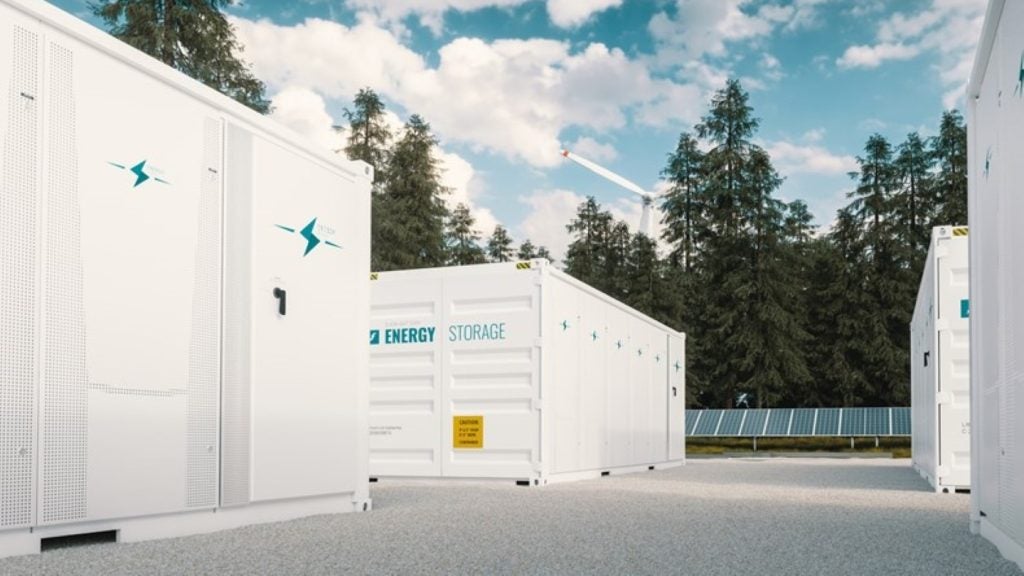SSE Renewables, a unit of SSE, has reached a final investment decision (FID) on a 320MW battery energy storage system (BESS) project in Monk Fryston, Yorkshire, UK.
One of the largest BESS projects in the country, this 320MW/640 megawatt-hour project is SSE Renewables’ third project to reach the FID stage after its 50MW Salisbury and 150MW Ferrybridge BESS projects.
Construction is expected to start in late 2023 or early 2024. Once completed, the BESS can run for up to two hours, storing and releasing power back to the national grid during times of peak energy demand.
This helps balance energy supply and demand more effectively while maximising the availability of renewables to power the grid during times when the sun is not shining or the wind is not blowing.
Battery storage is now considered to have a major role in helping the UK and Ireland in their plans to decarbonise.
The project will be located next to the National Grid substation in Monk Fryston, minimising the need to build additional grid infrastructure.
SSE Renewables solar and battery director Richard Cave-Bigley stated: “It is fantastic that we have taken a final investment decision on the Monk Fryston BESS project, one of the largest battery storage projects in the UK.
“This is another positive step towards reaching our net-zero targets, enabling us to provide stored energy to the grid and provide balancing energy supply to support intermittent renewable energy generation, and, in doing so, strengthening the UK’s energy security.
“The project team has worked very hard to reach this landmark milestone and I am looking forward to construction starting in the coming months.”
In October 2023, the company’s Dogger Bank wind farm generated its first power.
Being built in three phases, Dogger Bank A, B and C, it will feature 277 turbines with a combined capacity of 3.6GW.
SSE Renewables holds a 40% stake in the project. The remaining stakes are held by Equinor (40%) and Vårgrønn (20%).









